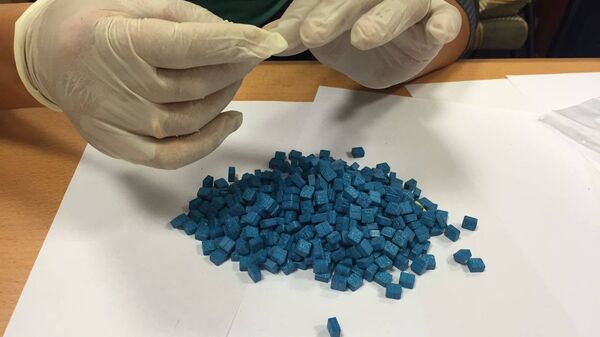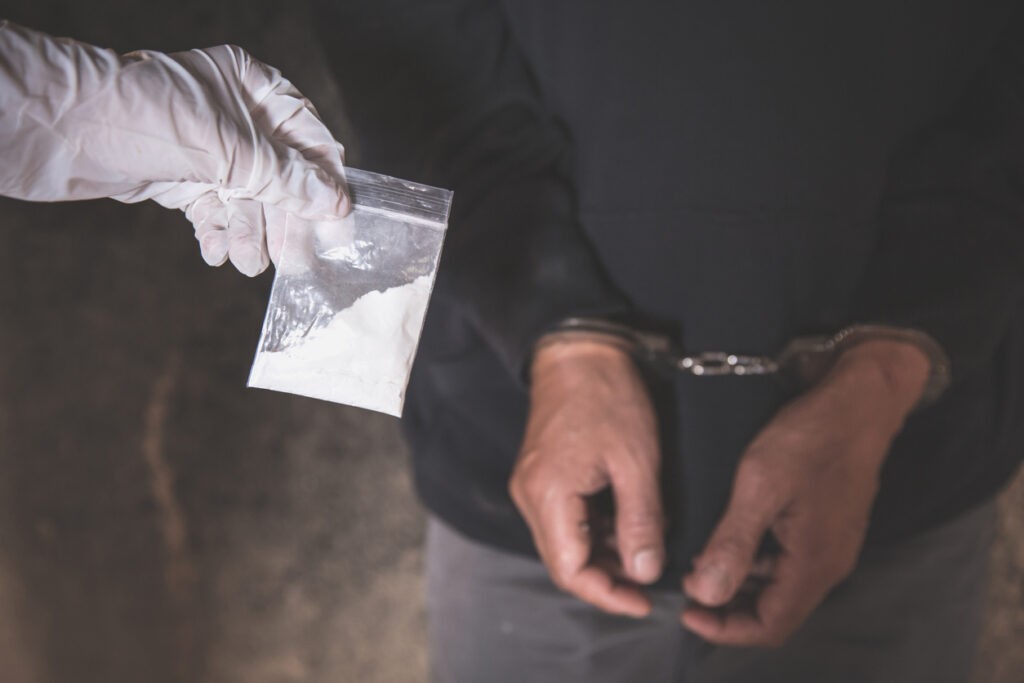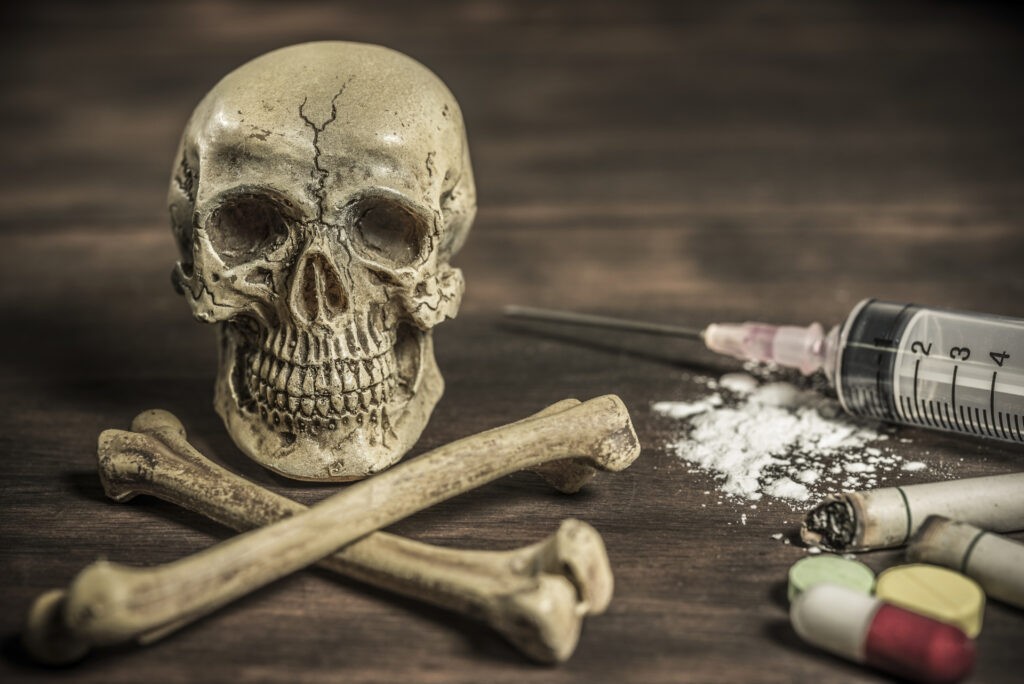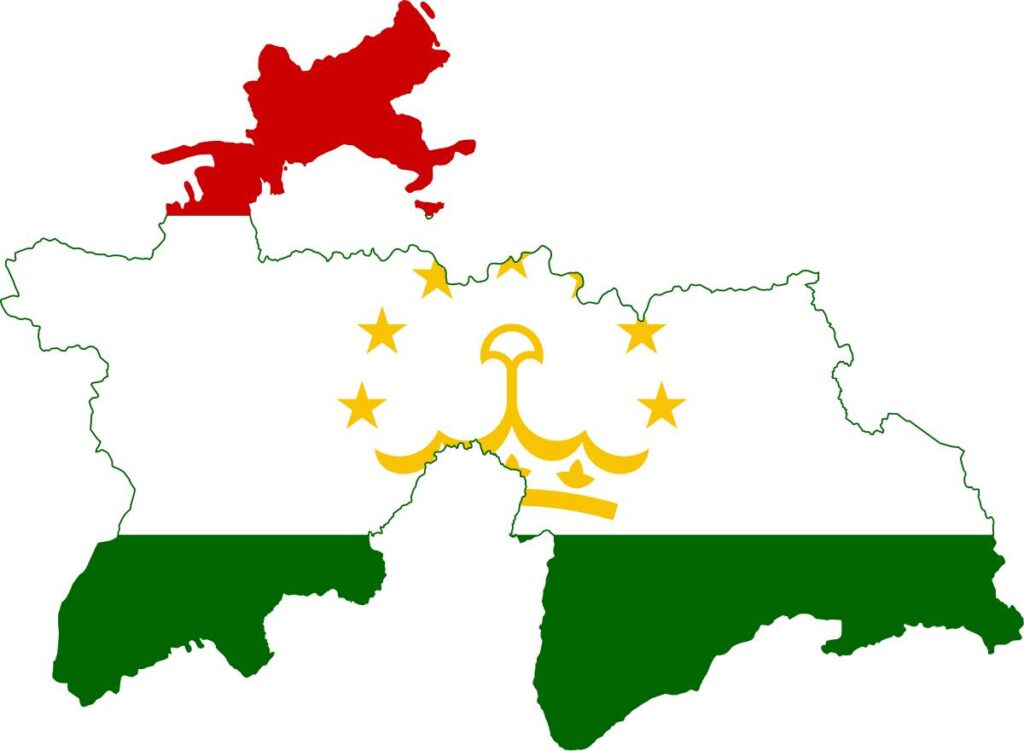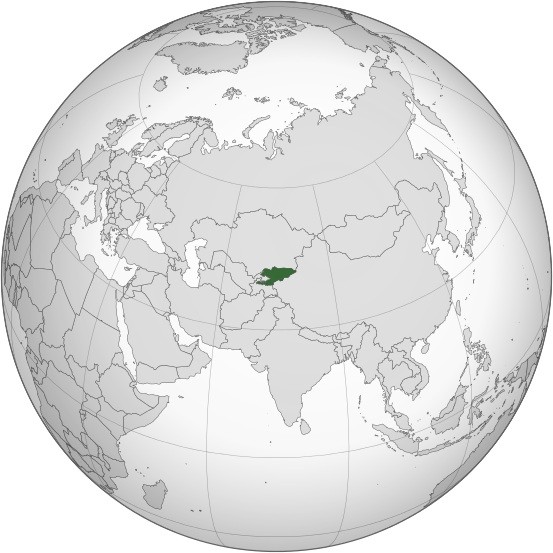Kyrgyzstan MP Proposes Legalization of Marijuana
At a recent session of the Jogorku Kenesh, Kyrgyzstan's parliament, Kyrgyz MP Dastan Bekeshev proposed revising the country’s approach to drug policy. Bekeshev suggested distinguishing between the lesser and greater evils of drug use, advocating for the legalization of light natural substances, such as marijuana, while emphasizing the dangers of synthetic drugs. Bekeshev argued that banning and destroying natural drugs only drives up their prices, pushing young people toward cheaper but far more harmful synthetic alternatives. He stressed that this approach exacerbates the drug problem rather than solving it. The idea of legalizing light drugs is not new for Bekeshev. In 2019, he proposed creating a designated zone at the former Manas airbase where the sale and use of light drugs would be permitted. Similarly, in 2017, former National Bank head Tolkunbek Abdygulov suggested that legalizing marijuana could help boost tourism in Kyrgyzstan. These proposals have sparked heated debates among Kyrgyz society and lawmakers, with opinions divided over balancing drug control with reducing the negative consequences of drug use. Regional Context The debate on legalizing light drugs is not unique to Kyrgyzstan. Across the Eurasia region, similar proposals have surfaced but have yet to gain official approval. In 2013, Russia called on CIS countries to adopt a joint statement opposing the legalization of light drugs, citing the potential risks of their spread. In 2023, Russian Interior Minister Vladimir Kolokoltsev reiterated Moscow’s firm stance against legalization, blaming Western propaganda for negatively influencing youth. Belarus has also explored the idea of legalizing psychedelics and other light drugs. However, no official measures have been enacted, reflecting the prevailing opposition to drug legalization within the CIS. Bekeshev’s proposal continues to fuel conversations about whether Kyrgyzstan could break with the regional norm and take a different approach to drug policy. As the debate unfolds, questions remain about the potential economic and social impacts of such a move.

